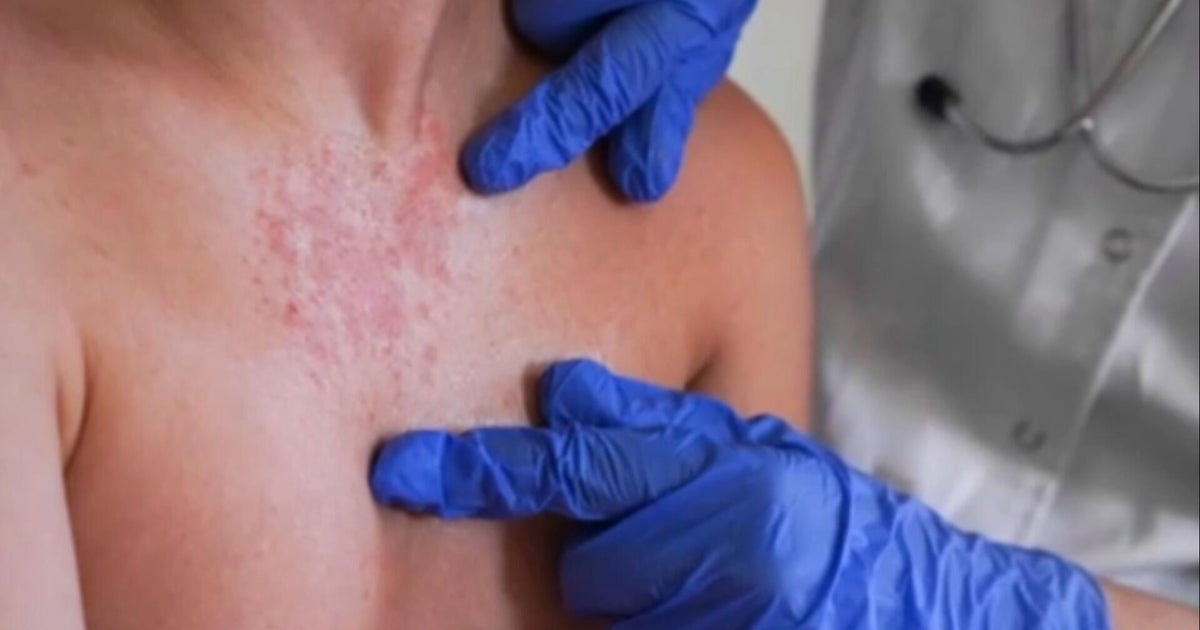2 dead, over 200 at risk of suspected meningitis after surgeries in Mexico, CDC says
Brownsville, Texas — Federal officials say more than 200 patients could be at risk of fungal meningitis after having surgical procedures at clinics in a Mexico border city.
The federal Centers for Disease Control and Prevention said Wednesday it is collaborating with the Mexican Ministry of Health and U.S. state and local health departments to respond to the outbreak among patients who traveled to Matamoros, across the border from Brownsville, Texas.
Officials have identified and closed two clinics linked to the outbreak, River Side Surgical Center and Clinica K-3.
The Mexican Ministry of Health sent the CDC a list of 221 U.S. patients who might be at risk for meningitis based on their recorded surgical procedures at either clinic from January to May 13. Three additional patients not on the list have also been identified, bringing the total of people in the United States known to have potential exposure to 224, the CDC said.
The CDC is working with more than two dozen state and local health departments to contact people with potential exposure and urge them to go to their nearest medical facility for testing. Meningitis testing includes an MRI and a lumbar puncture, also called a spinal tap.
Last week, the CDC issued a warning to U.S. residents to cancel surgeries in Matamoros, saying five people from Texas who had procedures there developed suspected cases of fungal meningitis. One of them died. A second person with a suspected case has also died, the CDC said Wednesday.
Meningitis is the swelling of the protective covering of the brain and spinal cord and should be treated urgently. Symptoms include fever, headache, a stiff neck, nausea, vomiting, confusion and sensitivity to light. Cases of meningitis can be caused by viruses, bacteria, trauma or fungi.
Patients in the Texas cases started showing symptoms three days to six weeks after surgery in Matamoros.
People leaving the U.S. for prescription drugs, dental procedures, surgeries and other medical treatment - also known as medical tourism - is common, experts say. Mexico, Canada, India and Thailand are all popular destinations.






